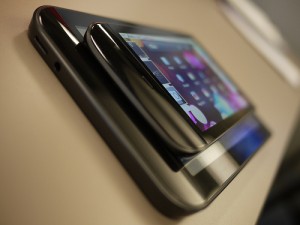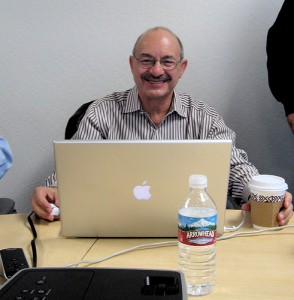
Mac people refuse to use anything without an Apple logo on it. PC people insist that they could never feel comfortable using a computer they couldn't open up themselves, if necessary. And everyone agrees that the mobile devices they prefer are the only mobile devices worth using. What's an IT manager to do?
Many companies are solving this problem by instituting Bring Your Own Device policies, in which workers can choose their own mobile devices. Some organizations even offer a BYOD stipend to cover the expenses of purchasing a device for work purposes. The hope is that doing so will make workers more productive, happier — and maybe save the company a buck or two.

Pros of BYOD:
1. Cost Savings
Perhaps the biggest benefit to the organization is the cost savings. Gartner estimates that companies with BYOD policies save as much as 40 percent. Other analysts have shown that BYOD policies save as much as $80 per user. They also estimate that 50 percent of companies with BYOD policies require employees to bear the total cost of purchasing devices — and that employees seem happy to comply in order to have the privilege of using their favorite technology.
2. Happier Employees are More Productive Employees
It stands to reason that letting a Mac person use a Mac, instead of forcing them to acclimate to a totally different and less-than-beloved operating system would make them happier employees. Allowing folks to use familiar technology also saves on the time they'd spend learning how to do everything "backwards."

Cons of BYOD:
1. Support
If you have employees working on a variety of different operating systems, devices, and technologies, you need to offer support for all those different permutations — something easier said than done. After all, even your tech support people have their pet devices and operating systems. You're less likely to find a support specialist who can solve problems on every available device.
2. Compatibility
We've heard tales of Mac people who were unable to lead meetings because the conferencing software wasn't compatible with their machines. That's a lovely win for the Mac people, who can go back to their desks and continue ruling the world with their single-button mice, but a little trying for the hapless manager who hoped to get everyone's input. It's rare to find software that truly functions across every possible platform and on every conceivable device, and the problem is likely to get worse as we develop more specialized devices.
Images: 1 and 3: Dell/Flickr, 2: jurvetson/Flickr





